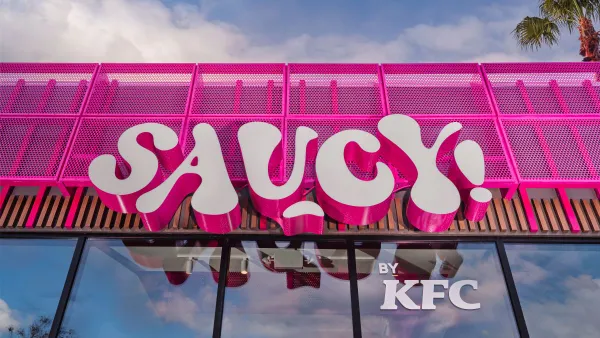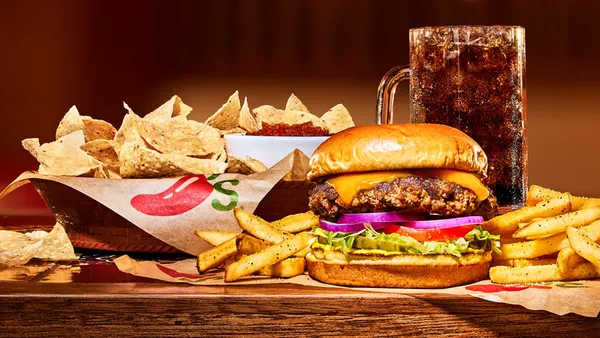Dive Brief:
- Dig Inn, a farm-to-table fast casual chain, has scored $20 million in funding led by Danny Meyer's Enlightened Hospitality Investments, according to Skift Table. The investment brings the restaurant's total capital raised to $71.5 million.
- The 26-unit brand will put the cash infusion toward expansion, which will include the opening of the chain's first sit-down restaurant concept in New York City later this year. Dig Inn also expects to break ground on 10 additional locations across the country, in cities including New York City, Boston and Philadelphia.
- Dig Inn will also hire 300 more employees and expand its proprietary delivery system — called Room Service — to additional stores in Lower Manhattan in the next few weeks, and eventually to all of its New York City locations.
Dive Insight:
Danny Meyer's support of this chain is sure to turn heads, especially since it's already been dubbed a top 10 up-and-coming brand "that exhibit[s] a strong promise of growth in the near future" by industry analysts. But the most interesting piece of this news isn't Dig Inn's investor, but it's decision to enter the casual dining category.
The strategy is the inverse of a growing industry trend: casual dining chains launching fast casual concepts to drive growth. The Cheesecake Factory, for example, opened its fast casual concept Social Monk earlier this year, and is pausing development of its full-service brands Grand Lux cafe and Rocksugar Southeast Kitchen. Cracker Barrel launched its limited-service restaurant Holler and Dash three years ago, though investors have been unhappy with its progress.
This movement makes sense, given that fast casual was the fastest-growing restaurant segment between 2013 and 2018. So why is Dig Inn swimming upstream?
CEO Adam Eskin told Skift Table that a full-service restaurant will give the restaurant an opportunity to connect with diners outside of the lunch hour, where it sees the majority of its business. "[The full service concept] is just another way to deliver our perspective on food to more and more people," he told the publication.
From a menu perspective, the transition shouldn't be difficult. Farm-to-table, plant-focused concepts have become popular across categories as diners become more health and environmentally conscious. And if Dig Inn's expanded delivery network includes this new concept, this could help fast-track growth for the concept in the early days — especially since it will be cutting middle-man costs via its own delivery system. The chain has worked with Grubhub in the past, which drove about 70% of its delivery business, but the platform's commissions hurt its profits.













